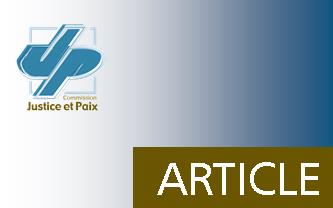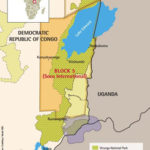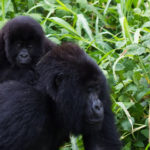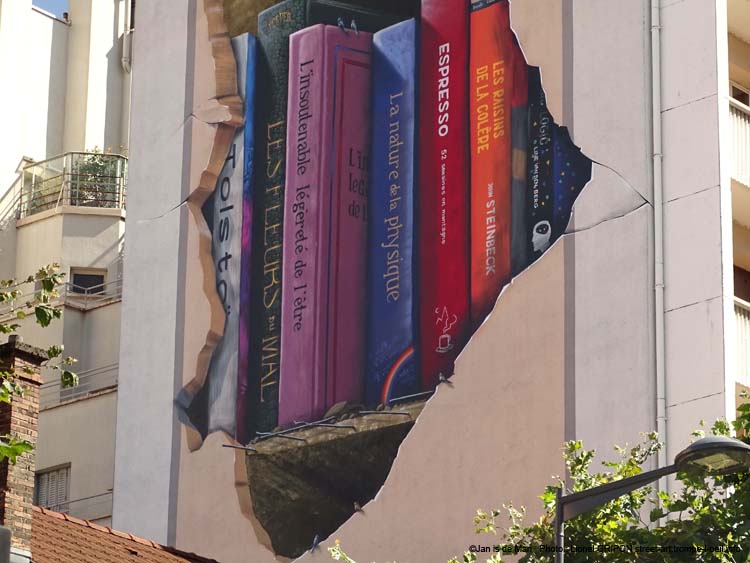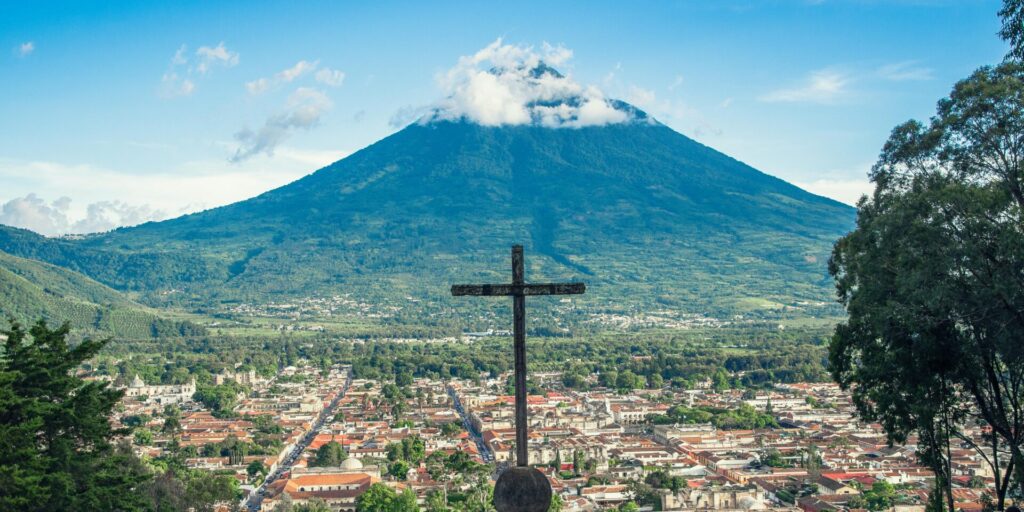WARNING: unbalanced footnote start tag short code found.
If this warning is irrelevant, please disable the syntax validation feature in the dashboard under General settings > Footnote start and end short codes > Check for balanced shortcodes.
Unbalanced start tag short code found before:
“UNDP – Anti-Poverty Unit, North Kivu Province. Poverty and living conditions of households, March 2009, p.6. ]. Then, the rate of deforestation in Virunga, estimated at 1% per year, is significantly higher than the world average, undermining an already strong biodiversity…”
Virunga National Park is undoubtedly the most endangered reserve in Africa. Defying oil interests and rebel groups, a handful of zealous activists are struggling to propose sustainable economic alternatives, and thus ensure the survival of this lung of the planet, an essential element of our global natural heritage. A daily effort which is starting to bear fruit and must be both supported and relayed in Belgium.
 A true jewel of the east of the Democratic Republic of Congo, the Virunga national park, created in 1925 in the province of North Kivu, extends over an area of nearly 800,000 ha and could easily claim a place on the podium of the most beautiful protected areas on the African continent. The prestigious New York Times made no mistake in including it, in 2016, in its top 20 of the best tourist destinations in the world. Listed as a UNESCO World Heritage Site, the park, bordered to the east by Lake Edward, undoubtedly offers impressive geographical and biological diversity: a chain of volcanoes among the most active in Africa, breathtaking landscapes, from steppes to dense forests, from savannahs to high mountains, an abundant biodiversity of plant species and endemic fauna, including the highly endangered mountain gorillas. However, the reserve is most often talked about through its tragic news. In this region undermined by twenty years of conflicts and rebellions, the Virunga are still currently occupied by several armed groups , who take advantage of a space rich in resources in order to finance their activities. Clashes are frequent there; in March 2016, they again cost the lives of two guards of the park . But the greatest threat currently weighing on the park is linked to its geology. At the end of 2015, the results of a seismic study revealed the presence of significant quantities of oil underground. This oil did not fail to arouse the greed of Western multinationals, supported by certain local elites, endangering the very existence of the park. Since then, the plea for its preservation has evolved into a constant struggle, led on different fronts by its most ardent defenders. The stakes are high: develop economic potential from which millions of people could benefit sustainably, and thus make the park the engine of growth in North Kivu, ensure that the needs and demands of the populations are taken into account and make ensure that the ecological balance of the park is maintained.
A true jewel of the east of the Democratic Republic of Congo, the Virunga national park, created in 1925 in the province of North Kivu, extends over an area of nearly 800,000 ha and could easily claim a place on the podium of the most beautiful protected areas on the African continent. The prestigious New York Times made no mistake in including it, in 2016, in its top 20 of the best tourist destinations in the world. Listed as a UNESCO World Heritage Site, the park, bordered to the east by Lake Edward, undoubtedly offers impressive geographical and biological diversity: a chain of volcanoes among the most active in Africa, breathtaking landscapes, from steppes to dense forests, from savannahs to high mountains, an abundant biodiversity of plant species and endemic fauna, including the highly endangered mountain gorillas. However, the reserve is most often talked about through its tragic news. In this region undermined by twenty years of conflicts and rebellions, the Virunga are still currently occupied by several armed groups , who take advantage of a space rich in resources in order to finance their activities. Clashes are frequent there; in March 2016, they again cost the lives of two guards of the park . But the greatest threat currently weighing on the park is linked to its geology. At the end of 2015, the results of a seismic study revealed the presence of significant quantities of oil underground. This oil did not fail to arouse the greed of Western multinationals, supported by certain local elites, endangering the very existence of the park. Since then, the plea for its preservation has evolved into a constant struggle, led on different fronts by its most ardent defenders. The stakes are high: develop economic potential from which millions of people could benefit sustainably, and thus make the park the engine of growth in North Kivu, ensure that the needs and demands of the populations are taken into account and make ensure that the ecological balance of the park is maintained.
 However, in Goma, a city located in the east of the DRC, on the Rwandan border (see map) these supposed guarantees have not allayed the concerns of environmental defenders and spokespersons for populations living on the periphery. of the park. Met in April 2016 in the capital of the North Kivu province, Bantu Lukambo, founder of the NGO “Innovation for development and environmental protection” has good reasons to remain skeptical. The activist, who was recently awarded the Alexandre Soros Prize in recognition of his commitment to the environment and human rights, has been the target of numerous attempts of intimidation and knows SOCO well having dealt with their shenanigans himself. Bantu was offered twenty thousand dollars, as well as various advantages, in exchange for ceasing his militant activity, and pleading in favor of oil exploitation to the very dynamic civil society of Vitshumbi [[Interview conducted in April 2016. The inhabitants of Vitshumbi mainly depend on fishing, and are therefore particularly concerned by the protection of the lake. These last years, the fishermen of Vitshumbi, like those from Nyakakoma, the village near which SOCO established its base in 2011, took the lead in demonstrations against oil exploitation in the park, and denounced the reprisals of which they were victims. According to Human Rights Watch, two of them were murdered by Congolese soldiers linked to the security of SOCO.]] , his native village, located on the south shore of Lake Edouard (see map). According to him, the media campaign which followed the release of the Virunga documentary significantly weakened SOCO. The current fall in oil prices is undoubtedly also not unrelated to the group's withdrawal. The latter, however, have not said their last word, and are still present in Goma. A basic prefab, on Boulevard Kanyamuhanga, would also house their offices. SOCO would readjust its strategy and wait for the right moment to get back into the race. Rumors report a meeting a few days earlier in Uganda, during which a partnership with a Chinese company was discussed. If material evidence is currently difficult to gather, this information is also reported to us by Alexis Muhima, of the Congolese Civil Society Observatory for Peace Minerals. On the side of the park authorities, the compromise made by WWF did not reassure either. Emmanuel de Mérode, usually imperturbable, is still furious today; he believes that the terms of the agreement open a breach for the Congolese government, likely to redraw the limits of Virunga to facilitate prospecting oil . The signal sent by civil society, whose role in this affair was important, should have been stronger... In June 2015, Prime Minister Augustin Matata Ponyo also confirmed the existence of talks with UNESCO in this subject . However, the world heritage status granted to the park in 1979 by the institution now seems to be the last legal guarantee of its preservation. More info: 2014, Justice and Peace, Analysis Virunga National Park: windfall of gold against gorillas?
However, in Goma, a city located in the east of the DRC, on the Rwandan border (see map) these supposed guarantees have not allayed the concerns of environmental defenders and spokespersons for populations living on the periphery. of the park. Met in April 2016 in the capital of the North Kivu province, Bantu Lukambo, founder of the NGO “Innovation for development and environmental protection” has good reasons to remain skeptical. The activist, who was recently awarded the Alexandre Soros Prize in recognition of his commitment to the environment and human rights, has been the target of numerous attempts of intimidation and knows SOCO well having dealt with their shenanigans himself. Bantu was offered twenty thousand dollars, as well as various advantages, in exchange for ceasing his militant activity, and pleading in favor of oil exploitation to the very dynamic civil society of Vitshumbi [[Interview conducted in April 2016. The inhabitants of Vitshumbi mainly depend on fishing, and are therefore particularly concerned by the protection of the lake. These last years, the fishermen of Vitshumbi, like those from Nyakakoma, the village near which SOCO established its base in 2011, took the lead in demonstrations against oil exploitation in the park, and denounced the reprisals of which they were victims. According to Human Rights Watch, two of them were murdered by Congolese soldiers linked to the security of SOCO.]] , his native village, located on the south shore of Lake Edouard (see map). According to him, the media campaign which followed the release of the Virunga documentary significantly weakened SOCO. The current fall in oil prices is undoubtedly also not unrelated to the group's withdrawal. The latter, however, have not said their last word, and are still present in Goma. A basic prefab, on Boulevard Kanyamuhanga, would also house their offices. SOCO would readjust its strategy and wait for the right moment to get back into the race. Rumors report a meeting a few days earlier in Uganda, during which a partnership with a Chinese company was discussed. If material evidence is currently difficult to gather, this information is also reported to us by Alexis Muhima, of the Congolese Civil Society Observatory for Peace Minerals. On the side of the park authorities, the compromise made by WWF did not reassure either. Emmanuel de Mérode, usually imperturbable, is still furious today; he believes that the terms of the agreement open a breach for the Congolese government, likely to redraw the limits of Virunga to facilitate prospecting oil . The signal sent by civil society, whose role in this affair was important, should have been stronger... In June 2015, Prime Minister Augustin Matata Ponyo also confirmed the existence of talks with UNESCO in this subject . However, the world heritage status granted to the park in 1979 by the institution now seems to be the last legal guarantee of its preservation. More info: 2014, Justice and Peace, Analysis Virunga National Park: windfall of gold against gorillas?
- Film Virunga by Orlando von Einsiedel, 2014, UK
- Virunga Alliance official website : , as well as the file dedicated to their projects
- Website Save Virunga, which gives voice to the local communities who depend on the survival of the park:
